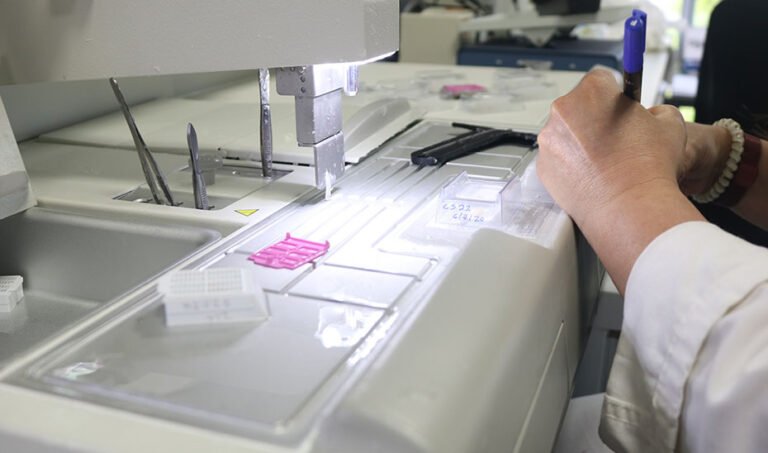
Andalucía will offer the next academic year 2025-2026 in Andalusian public universities a 2% increase in new entry places in 533 undergraduate degrees, totaling 51,292, compared to the 50,352 offered in the previous academic year, thanks to the implementation of the new university program. This was highlighted by the Minister of University, Research, and Innovation, José Carlos Gómez Villamandos, during his appearance in a parliamentary committee, where he emphasized that the specific decision to expand places, whether through new degrees or extensions, belongs to the universities themselves, within the framework of their autonomy and based on their internal planning, availability of teaching staff, management, and resources.
Thus, looking at the distribution by academic institutions, the University of Almería (UAL) will have 3,122 new incoming students for 40 degrees; the University of Cádiz (UCA) will enroll 4,839 students for 65 degrees, and the University of Córdoba (UCO) will offer 49 degrees for 4,108 students. The University of Granada (UGR), on the other hand, will have a total of 80 degrees with a capacity for 11,140 students, the University of Huelva (UHU) will offer 40 such programs for 2,825 individuals, the University of Jaén (UJA) will make available to 3,319 new students 49 degrees, and the University of Málaga (UMA) will offer 77 degrees for 7,455 students. At the Pablo de Olavide University (Seville), the figures amount to 40 degrees and 2,876 new entry places, while the University of Seville (US) will add 93 degrees and welcome 11,608 students.
Therefore, Gómez Villamandos has emphasized that, for the upcoming academic year, both the number of degrees offered and the places available will increase compared to the previous year thanks to the implementation of new programs in the university. In this sense, he highlighted that one of the objectives of this legislature in the Ministry of University, Research, and Innovation has been to articulate all the necessary mechanisms, at a normative and management level, to adjust the public university offer to the evolution of the real student demand and the needs of the social and productive fabric.
Therefore, the minister emphasized the commitment to the new university program 2025-2028 agreed with public universities, which «updates a map of degrees frozen for 14 years», taking into account criteria such as modernization, territorial cohesion, sustainability, or internationalization. Public universities will be able to implement 188 new programs in the coming years, many of them in emerging fields such as artificial intelligence, data science, cybersecurity, health, sustainability, or energy.
In fact, for the 2025/2026 academic year, «54 new programs are completing their verification process by the Agency for Scientific and University Quality of Andalusia (ACCUA) for their effective implementation,» the University Minister pointed out. In this regard, he highlighted how the Ministry has facilitated all administrative procedures so that these programs can be developed promptly, also supporting universities in processing new proposals and modifying verification reports, which also allows for the expansion of places in existing programs.
Finally, Gómez Villamandos emphasized that the effects of this new university program «are not immediate, and it will be at the end of its horizon, in 2028 or even earlier, when we will begin to clearly see the results, as new authorized programs are progressively incorporated, their effective implementation is verified, and the response of students and its effect on the productive fabric is consolidated.» «This transition period is necessary to observe how the academic offer adjusts to real demand, and thus rigorously evaluate the positive impact that this planning is having on the Andalusian university system,» he concluded.






